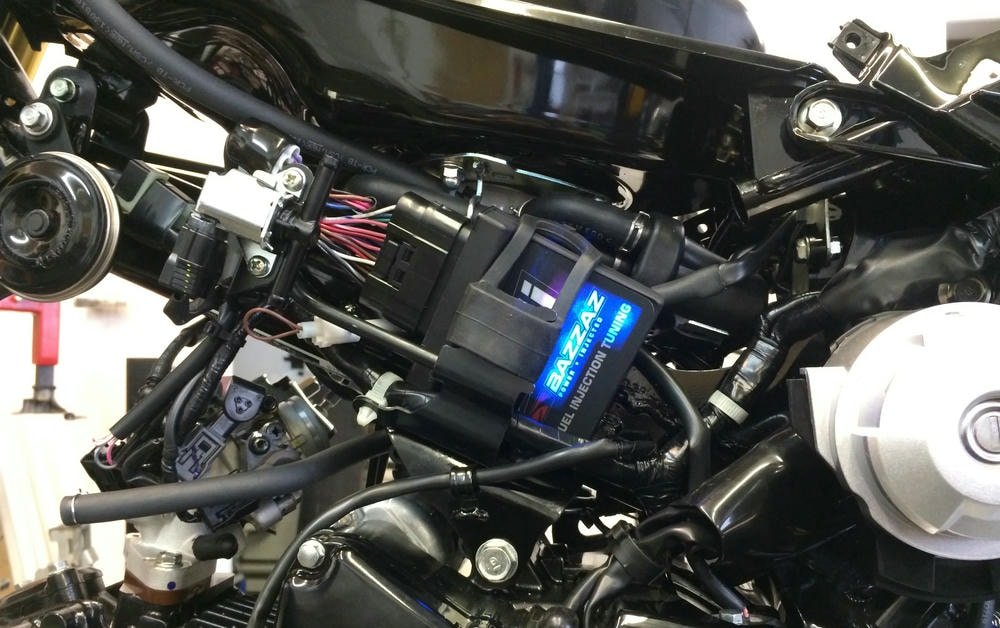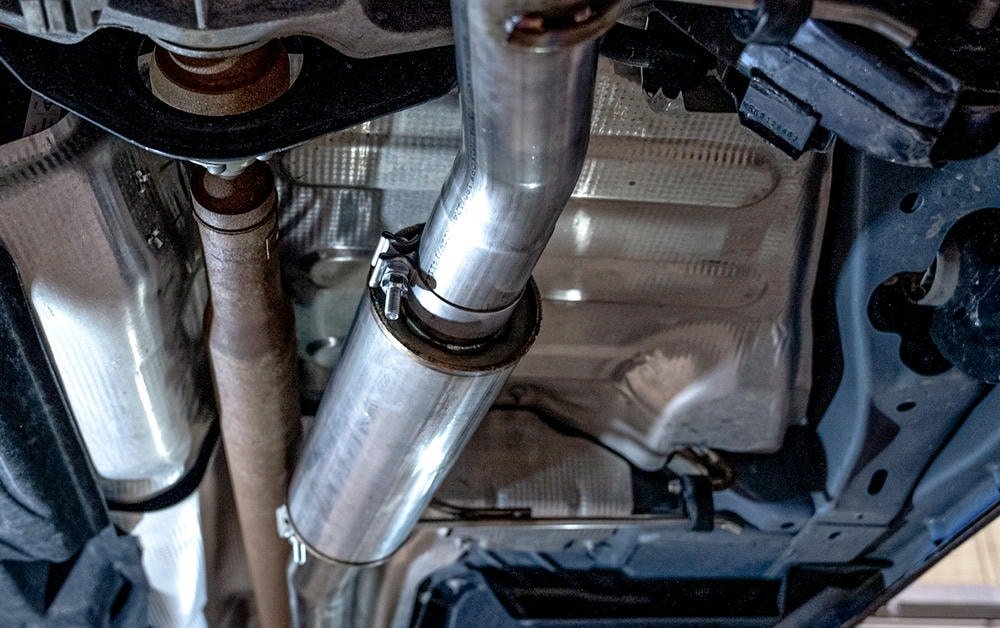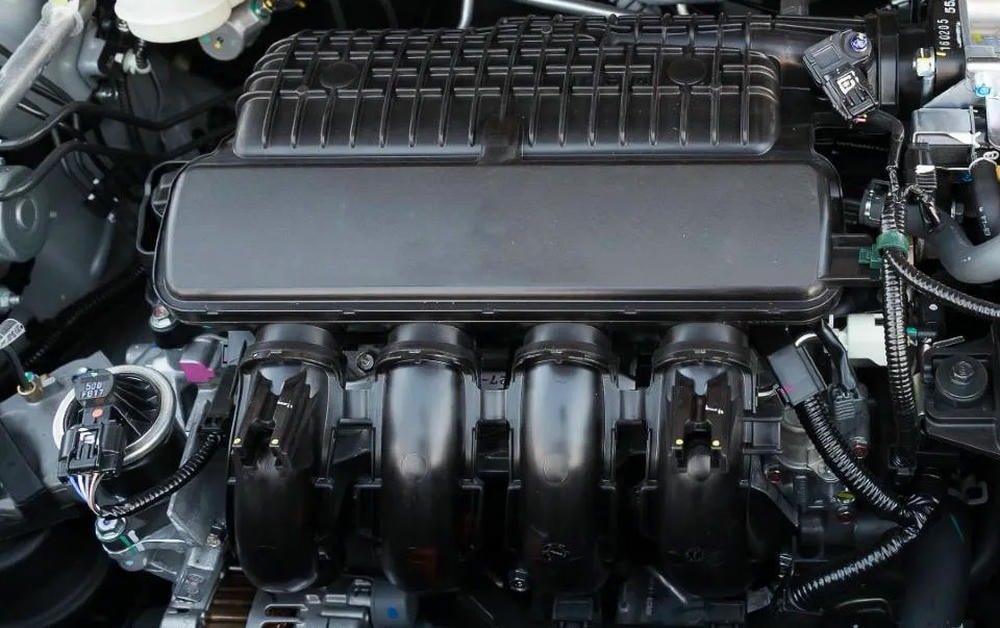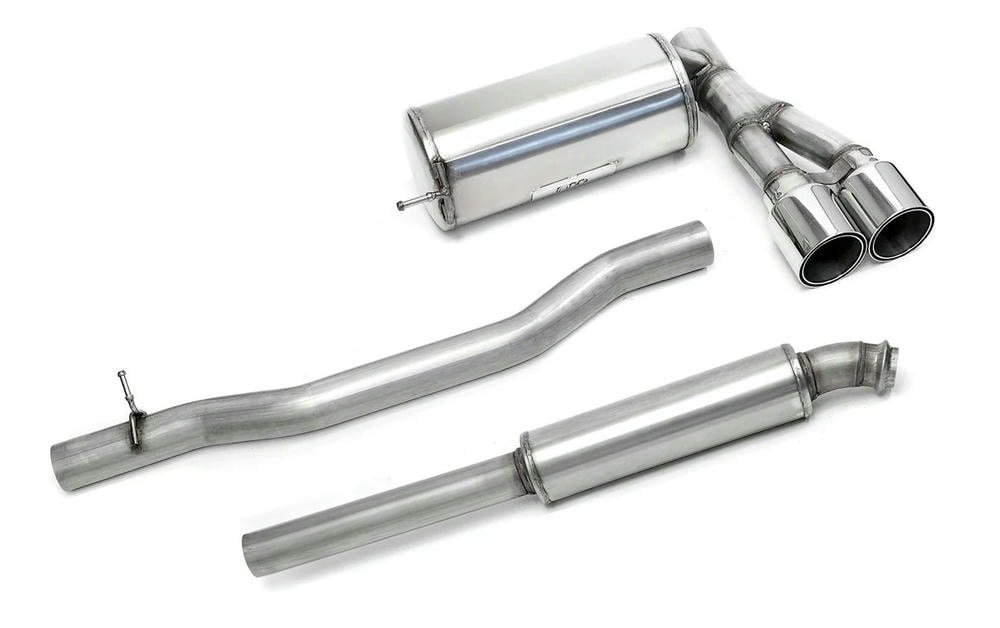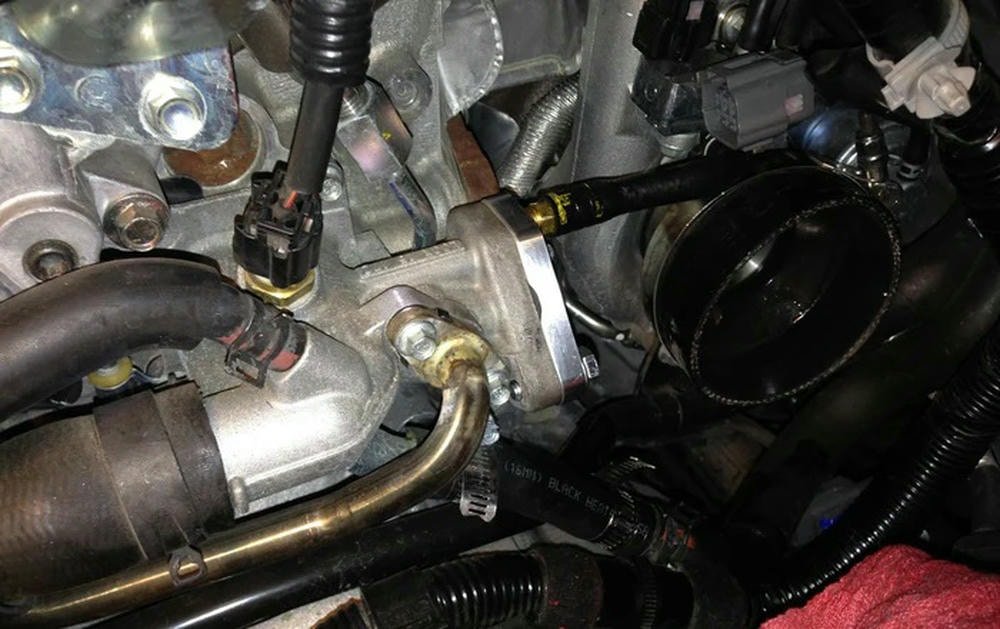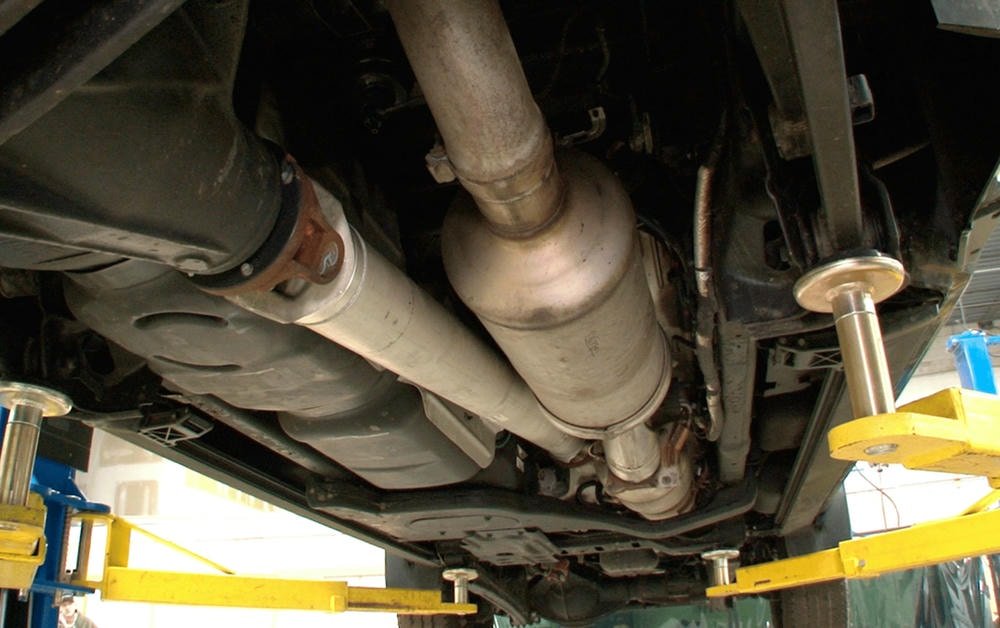Delete tuners are tools that change diesel truck engines. They give more power and better fuel saving by taking out parts of the emission control system. These changes can make trucks run stronger but have some risks.
Breaking laws like the Clean Air Act and ending vehicle warranties are possible because these systems help reduce pollution. Even though delete tuning can improve how well an engine runs and may save on gas, it also increases air pollution.
This hurts air quality and public health. Diesel truck owners should know local emission laws to avoid legal issues and fines. Let’s find out more about delete tuners and tuning.
Table of Contents
ToggleUnderstanding Delete Tuners
Delete tuners remove parts of a vehicle’s software that control emission systems. They change how diesel trucks run, aiming for more power and efficiency.
Definition and Functionality
Delete tuners are tools used in diesel engine tuning. They remove or “delete” parts of a vehicle’s emission control system. This includes the diesel particulate filter (DPF), exhaust gas recirculation (EGR) system, and sometimes the selective catalytic reduction (SCR) components.
These systems aim to reduce emissions from diesel engines but can limit performance.
These devices work by reprogramming the truck’s computer or engine control unit (ECU). By doing this, delete tuners change how an engine runs after removing certain emissions equipment.
The main goal is to boost power and fuel efficiency. Truck owners use them for these benefits, especially in heavy-duty applications like towing and hauling in the trucking industry.
Yet, using delete tuners goes against federal emissions laws set by entities like the U.S. Environmental Protection Agency (EPA).
How Delete Tuners Work
Delete tuners adjust a diesel engine’s computer to remove restrictions on exhaust systems and emission controls. They plug into the OBD2 port, giving users the power to change how their truck’s engine runs.
This includes removing parts like the diesel particulate filter (DPF) and exhaust gas recirculation (EGR). These changes can increase horsepower, torque, and fuel efficiency by letting the engine breathe easier.
These devices offer customization for power stroke diesel engines in trucks such as F250s with manual shifters or automatic transmissions. Truck owners use software on these tuning devices to select different performance levels based on their needs—whether for heavy hauling or improved miles per gallon during long drives.
It allows for real-time monitoring of engine conditions, optimizing performance across various driving situations.
Unlocking your truck’s full potential requires precise adjustments—a task delete tuners handle with ease.
Common Applications and Uses
Truckers use delete tuners to boost performance in diesel engines. These tools help trucks run better by changing how the engine works. Many choose delete tuning for more power and smoother driving, especially when hauling heavy loads.
Diesel truck owners often pick this option to improve throttle response and fuel economy.
People also apply delete tuning in racing and off-road activities. The extra power helps trucks move faster or handle tough terrain easily. In farming, stronger engines mean tractors can work harder with less fuel.
However, using these tunes can lead to legal issues because they change exhaust systems that control pollution.
Benefits and Drawbacks of Delete Tuners
Delete tuners boost engine power and mileage. They may break laws and void warranties.
Improved Engine Performance
Delete tuners boost engine power in diesel trucks. They change the truck’s computer, or ECU, to remove limits on performance. This results in more horsepower and torque. Truck owners see a big difference in how their vehicle pulls heavy loads.
These devices also improve fuel efficiency. With delete tuning for diesel engines, trucks run smoother and use less fuel over time. This means less money spent at the pump and better trips on the road.
Potential Legal and Warranty Issues
Using delete tuners on diesel trucks can lead to legal and warranty problems. Many places have strict emissions laws, like the Clean Air Act in the United States. These laws make it illegal to remove or modify parts that control emissions.
If a truck owner uses a delete tuner, they might pass more smog checks but break these laws. This could result in fines or other penalties.
Delete tuners can void your truck’s warranty.
Also, manufacturers offer warranties that cover engine and exhaust system repairs. Using a delete tuner changes how the engine works and can harm it or the exhaust system. When this happens, the manufacturer may not fix these parts for free under the warranty anymore.
Owners should think carefully before using delete tuners because of these risks.
Environmental Considerations
Delete tuners change how diesel trucks handle exhaust. They can improve power but have a big impact on air quality. These changes often increase the amount of soot and pollutants that trucks release into the air.
This affects everyone’s health, especially in cities with lots of cars and trucks.
Trucks with delete tuners skip some anti-smog systems. This means they don’t meet emissions testing standards aimed at making air cleaner. Many places require these tests to keep pollution down.
Using a delete tuner could mean breaking these rules, leading to fines or trouble when trying to sell the truck.
Environmental groups and agencies work hard to make sure air stays clean by setting up laws about truck emissions. Diesel engine emissions are a key focus because they can harm the environment and people’s health.
So, while tuning might offer more power or better fuel usage, it comes with serious environmental costs that affect us all.
Conclusion
John Smith has a lot of knowledge in the field of engine tuning. He studied at a top tech school and has worked for years making engines run better. John knows all about delete tuners and how they work.
John says delete tuners can make your truck more powerful. They do this by changing the software that runs the engine. This can help with fuel use and give you more power.
But, using delete tuners is not always allowed. In some places, it’s against the law because it can harm air quality. John tells people to check rules in their area before using these devices.
He also talks about being honest with what parts you use on your truck. Some changes might void your warranty or go against safety rules.
For those who decide to use delete tuners, John suggests doing so wisely. It’s important to know when and how to use them for the best effect without breaking any laws.
John thinks delete tuners have good points but also some risks. People should weigh these before deciding to use one.
His final word? Delete tuners can be great for some but are not right for everyone.
FAQs
What do delete tuners do?
Delete tuners are performance tuning software used for engine optimization. They can customize diesel tuning to boost the power of turbocharged engines and make other beneficial engine modifications.
How does a delete tuner compare to stock tuning?
While stock tuning maintains factory-set parameters, delete tuners offer custom tuning for performance gains. They allow adjustments in components such as the injector, valve, manifold and even the brake pedal response.
What are some benefits of diesel engine delete tuning?
Diesel engine delete tuning can enhance powerstroke capabilities, reduce clean diesel exhaust emissions, and improve overall transportation efficiency by optimizing ecodiesels’ function.
Which are considered the best delete tuners for performance?
The best delete tuners provide optimal control over nitrous amounts, ensure efficient fuel burn through precise fora settings, and effectively manage exhaust pipe flow rates in both standard and anti-smog modes.
Are there any risks involved with using a Delete Tuner?
Yes, while they offer many advantages like improved power output and better fuel economy; improper use or installation could potentially damage your vehicle’s engine system or violate local emission regulations.

